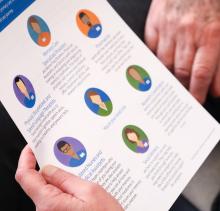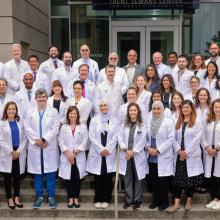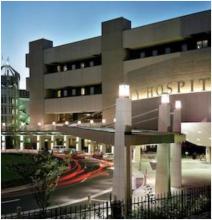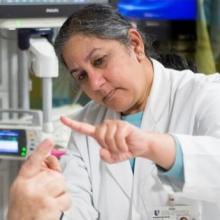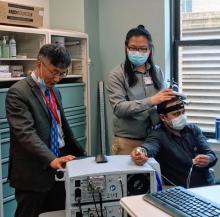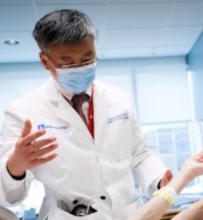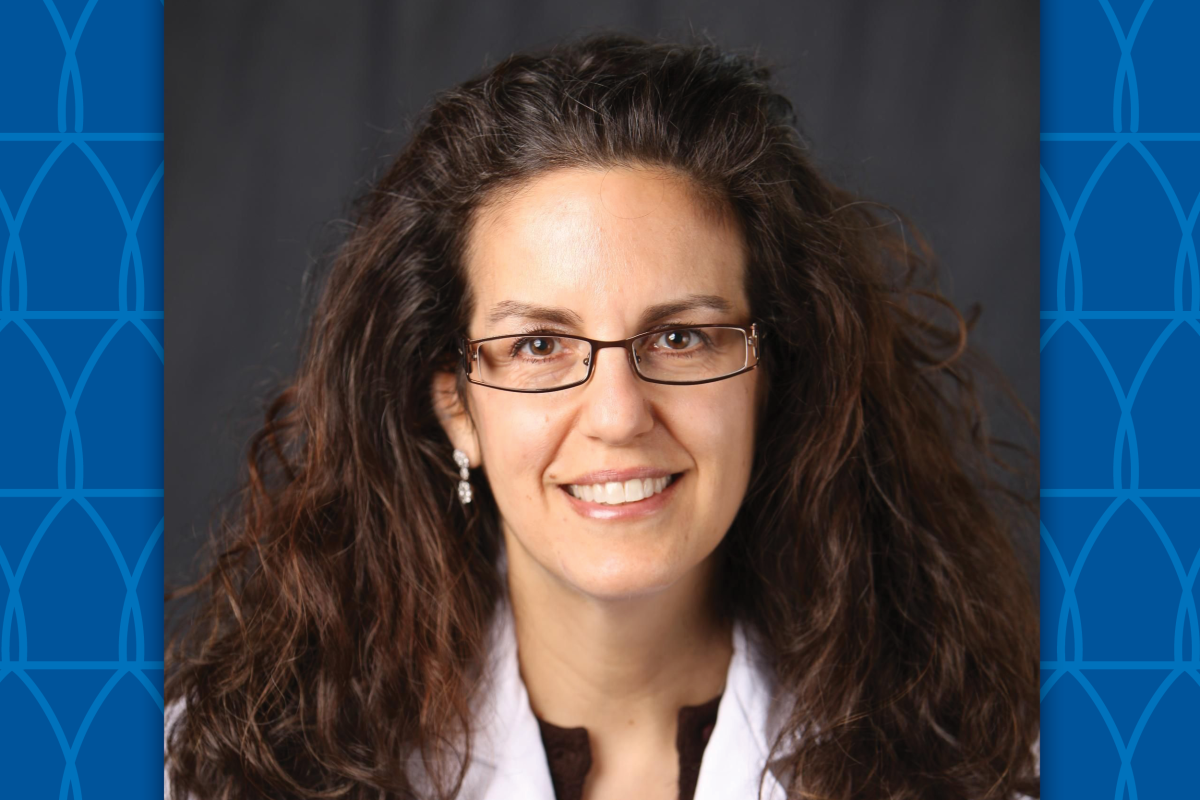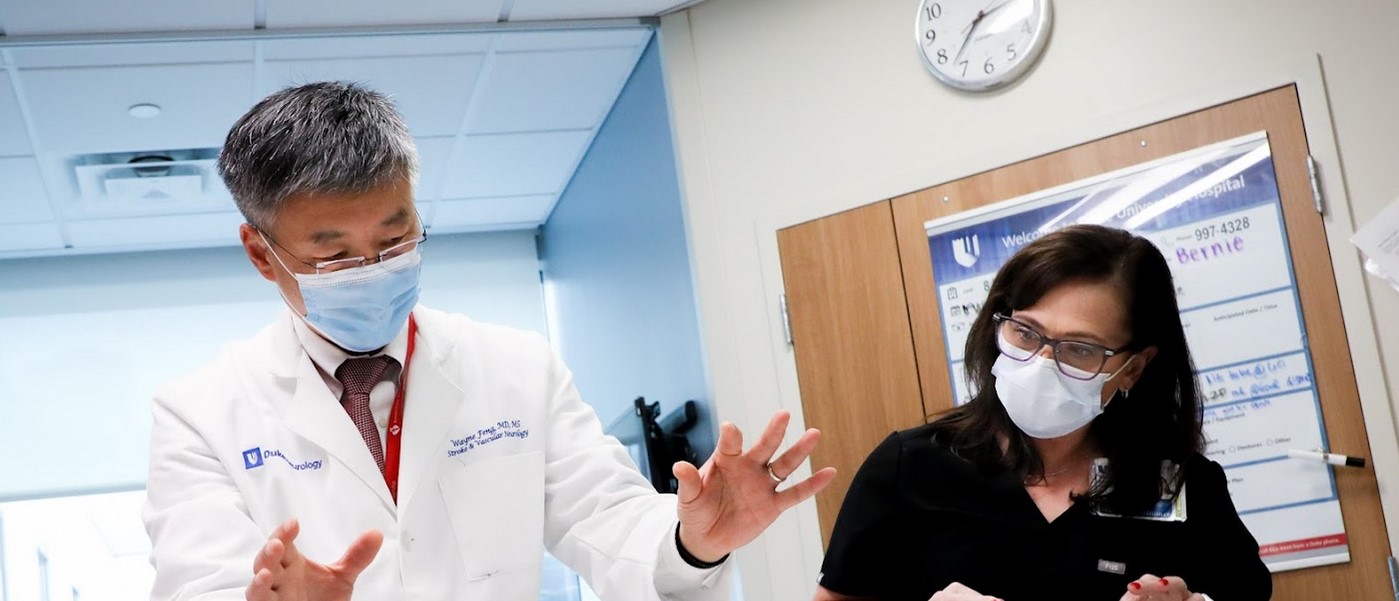
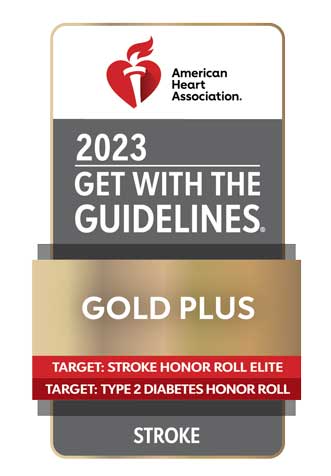
Our division of Stroke and Vascular Neurology offers cutting-edge patient care and conducts excellent research to better understand, prevent, and treat strokes and related conditions. The Duke Comprehensive Stroke Center, originally named the Duke Center for Cerebrovascular Disease and was founded by Dr. Albert Heyman in 1966 as a collaborative effort of the NIH and the Veterans Administration. Certified as a Comprehensive Stroke Center by the Joint Commission, we offer the highest level of specialized stroke prevention and stroke care. We also offer a fellowship program in vascular neurology with a multidisciplinary faculty which includes members of our Department as well as the Departments of Neurosurgery, Cardiology, and Surgery.
